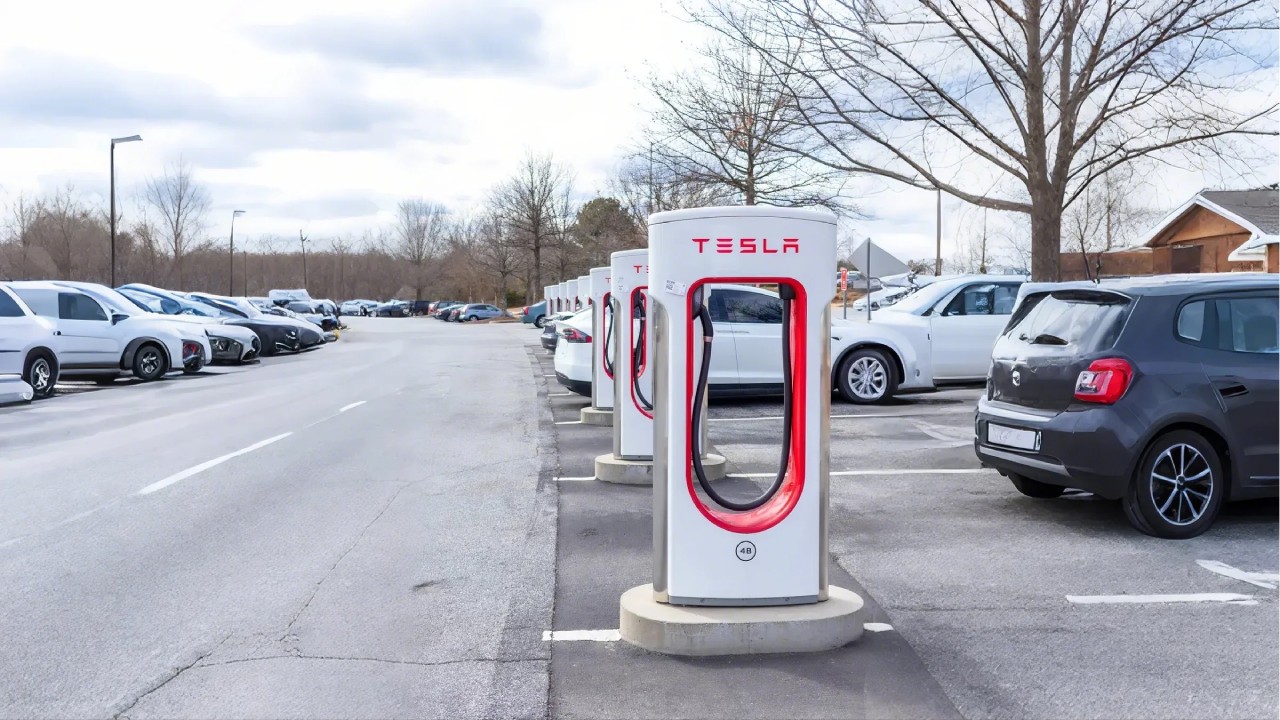J1772 vs. Tesla Charger: Which One Is Better?
Electric vehicles (EVs) have revolutionized the way we think about transportation. In 2023 alone, global EV sales surpassed 10 million units, highlighting a rapid shift toward sustainable mobility. With their rise in popularity, choosing the right charging solution has become essential for EV owners. Two of the most common options are J1772 chargers and Tesla’s proprietary chargers. This guide will compare these options to help you choose the best charging needs.
1. Understanding the Basics
What is a J1772 Charger?
The J1772 charger, or the “SAE J1772,” is the standard charging connector for most non-Tesla EVs. It supports Level 1 (120V) and Level 2 (240V) charging, making it a versatile option for home and public use. Its universal design ensures compatibility with a wide range of EV models, making it a popular choice among non-Tesla owners.
What is a Tesla Charger?
Tesla chargers use a proprietary connector explicitly designed for Tesla vehicles. These include Tesla’s Wall Connector (for home use) and the extensive Supercharger network for rapid public charging. Tesla’s chargers offer high-speed charging tailored to Tesla’s battery systems, with additional adapters available for compatibility with J1772 chargers.

2. Compatibility and Flexibility
J1772 Chargers
- Compatible with nearly all non-Tesla EVs.
- Tesla vehicles can use J1772 chargers with an adapter.
- Found in most public charging networks, including popular providers like ChargePoint, EVgo, and Electrify America, ensuring accessibility for diverse EV models.
Tesla Chargers
- Primarily designed for Tesla vehicles.
- Non-Tesla EVs can use Tesla chargers only with a compatible adapter. For example, the Tesla to J1772 adapter is popular, allowing seamless charging on Tesla Wall Connectors and selected Superchargers.
- Tesla’s Superchargers remain exclusive to Tesla vehicles (in most regions). However, Tesla has announced initiatives to open certain Supercharger stations to non-Tesla EVs in select locations, which could expand charging options for a broader range of drivers.
3. Charging Speed and Efficiency
J1772 Chargers
- Level 1 charging: 3-5 miles of range per hour.
- Level 2 charging: 12-30 miles of range per hour, depending on the charger’s power output and the vehicle’s onboard charger capacity.
Tesla Chargers
- Tesla Wall Connector: Adds up to 44 miles of range per hour for Tesla vehicles.
- Superchargers: Provide rapid charging, adding up to 200 miles of range in about 15 minutes.
- Charging speeds depend on the Tesla model and battery capacity.
4. Cost Comparison
Upfront Costs
- J1772 Chargers: Typically cost between $300 and $800, depending on features like portability and smart connectivity.
- Tesla Chargers: Tesla Wall Connectors start at $400, with additional costs for adapters.
Installation Costs
- Both chargers require professional installation for optimal performance, costing $500 to $2,000, depending on the electrical setup and home infrastructure.
5. Usability and Features
J1772 Chargers
- Universal design for most EVs.
- Portable models are available for on-the-go charging.
- Smart features like scheduling, monitoring, and energy usage tracking in advanced models.
Tesla Chargers
- Seamless integration with Tesla’s ecosystem.
- Wi-Fi-enabled Wall Connectors for software updates and energy management.
- Sleek design with Tesla-specific optimization.
6. Future Trends and Interoperability
Tesla’s recent adoption of the North American Charging Standard (NACS) indicates a shift toward greater compatibility across the industry. For current J1772 users, this could mean easier access to Tesla’s charging infrastructure in the future, potentially reducing the need for adapters and broadening charging options. As more manufacturers adopt Tesla’s standard, the lines between proprietary and universal charging systems may blur, offering EV owners more flexibility.
7. Pros and Cons Summary
| Feature | J1772 Charger | Tesla Charger |
|---|---|---|
| Compatibility | Universal for non-Tesla EVs | Primarily for Tesla vehicles |
| Charging Speed | Moderate (Level 2: 12-30 mi/hr) | High (Wall Connector: 44 mi/hr, Supercharger: 200 mi/15 min) |
| Cost | Affordable, $300-$800 | Moderate, starting at $400 |
| Ease of Use | Simple and versatile | Tesla-optimized, advanced features |
| Availability | Widely available | Exclusive Tesla network |
8. Which One Is Right for You?
- For Tesla Owners: The Tesla Wall Connector is the obvious choice for home use, while the Supercharger network provides unmatched convenience for long-distance travel. If needed, a J1772 adapter expands your options for public charging.
- For Non-Tesla Owners: A J1772 charger is the best option for home and public charging due to its universal compatibility. If you anticipate using Tesla’s network, consider investing in an adapter.
- Mixed EV Ownership: If your household owns both Tesla and non-Tesla EVs, a J1772 charger with a Tesla adapter offers the greatest flexibility.
Conclusion
Choosing between a J1772 charger and a Tesla charger ultimately depends on your vehicle, charging habits, and future plans. While Tesla’s chargers excel in speed and integration, J1772 chargers offer unmatched versatility and accessibility. Evaluate your needs and explore options to ensure you select the right J1772 charger for your EV lifestyle. For more detailed insights and product recommendations, visit our EV Charger Guide today!
Ready to make your choice? Explore our recommended J1772 and Tesla chargers today!
Tips: This guide applies only to North America or other regions that use the J1772 charging standard.
Last Updated on January 6, 2025 by tayniu
